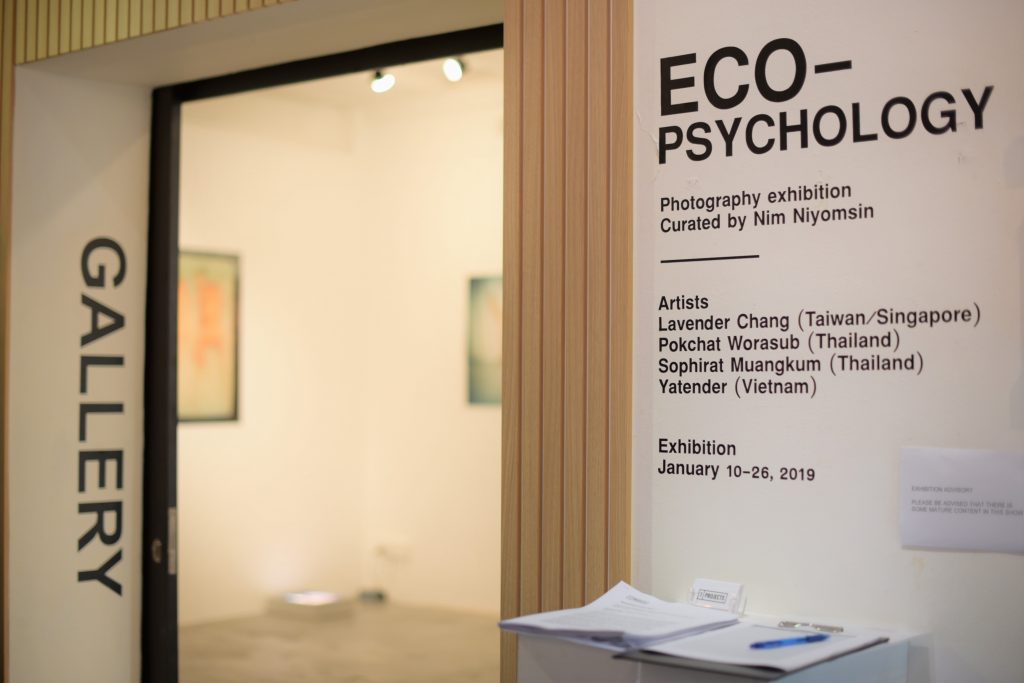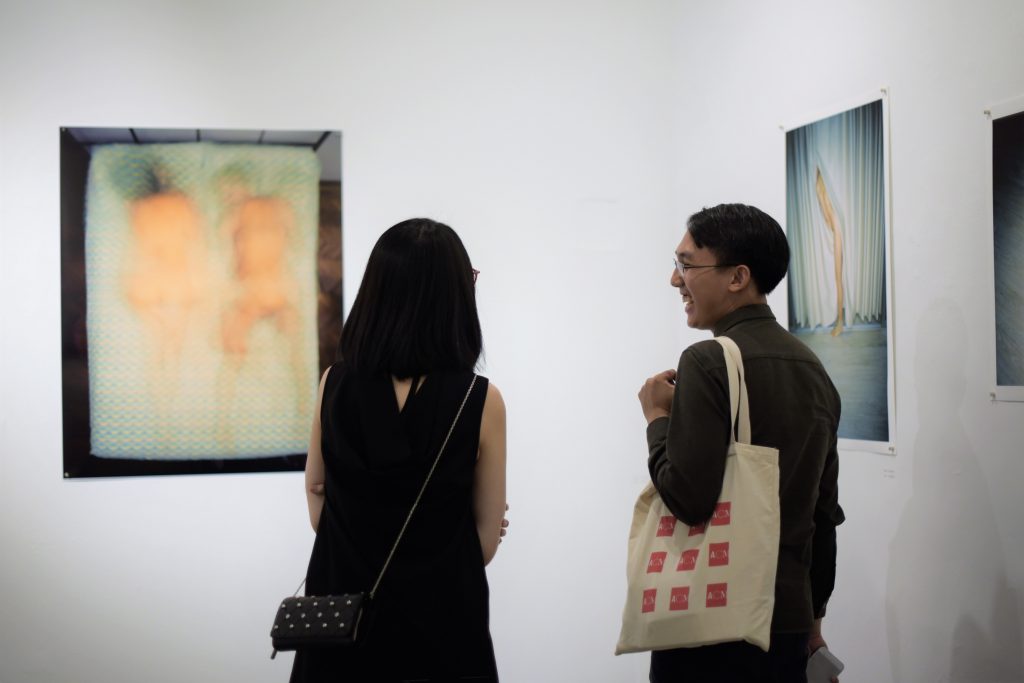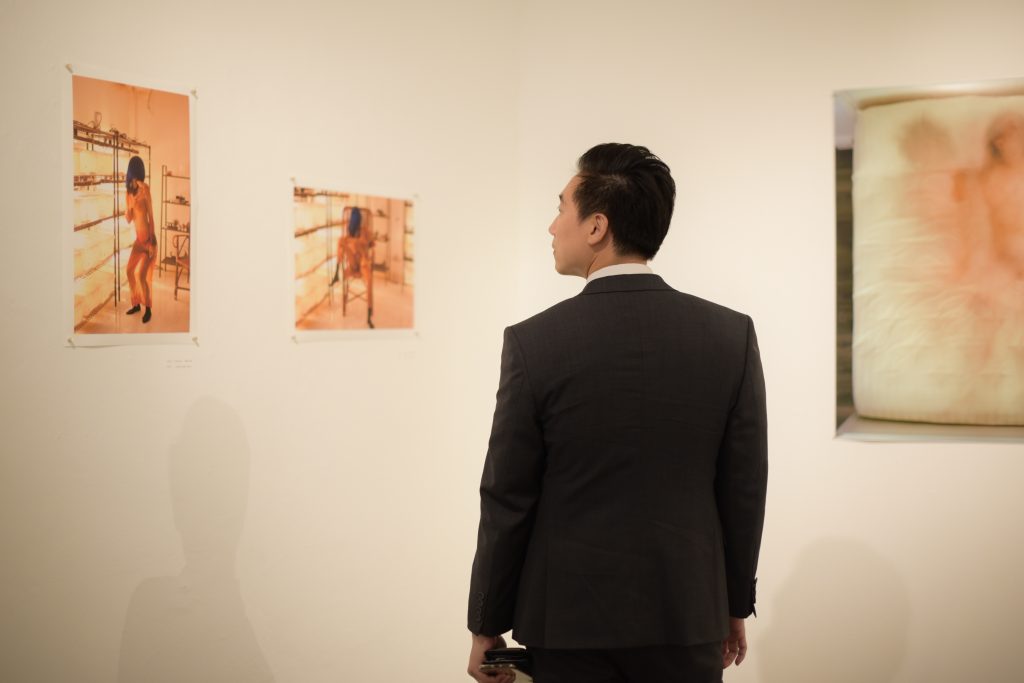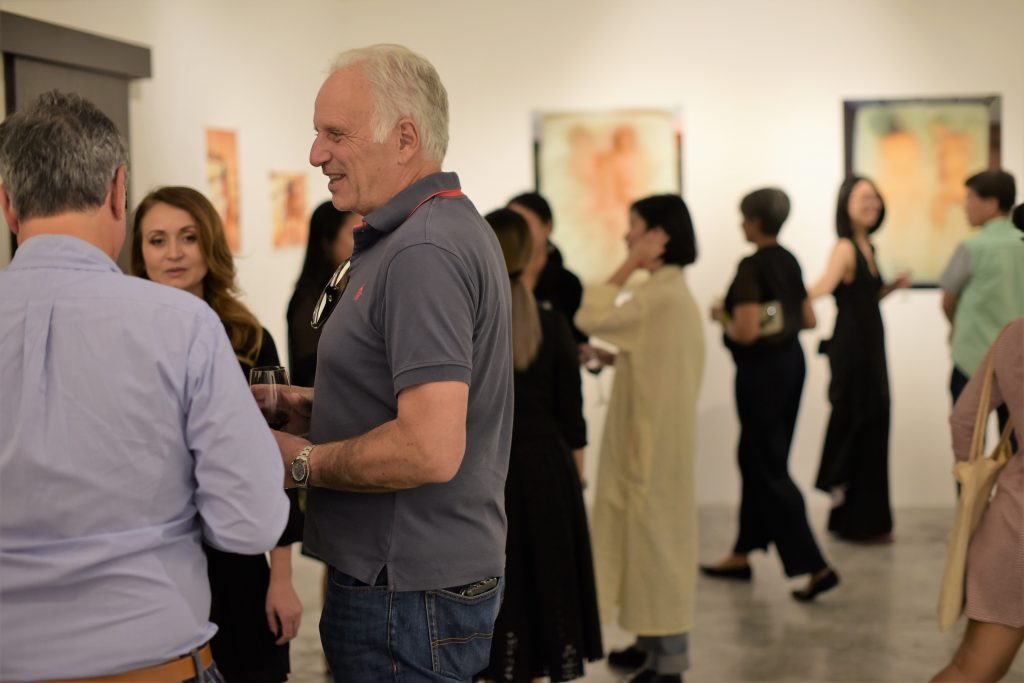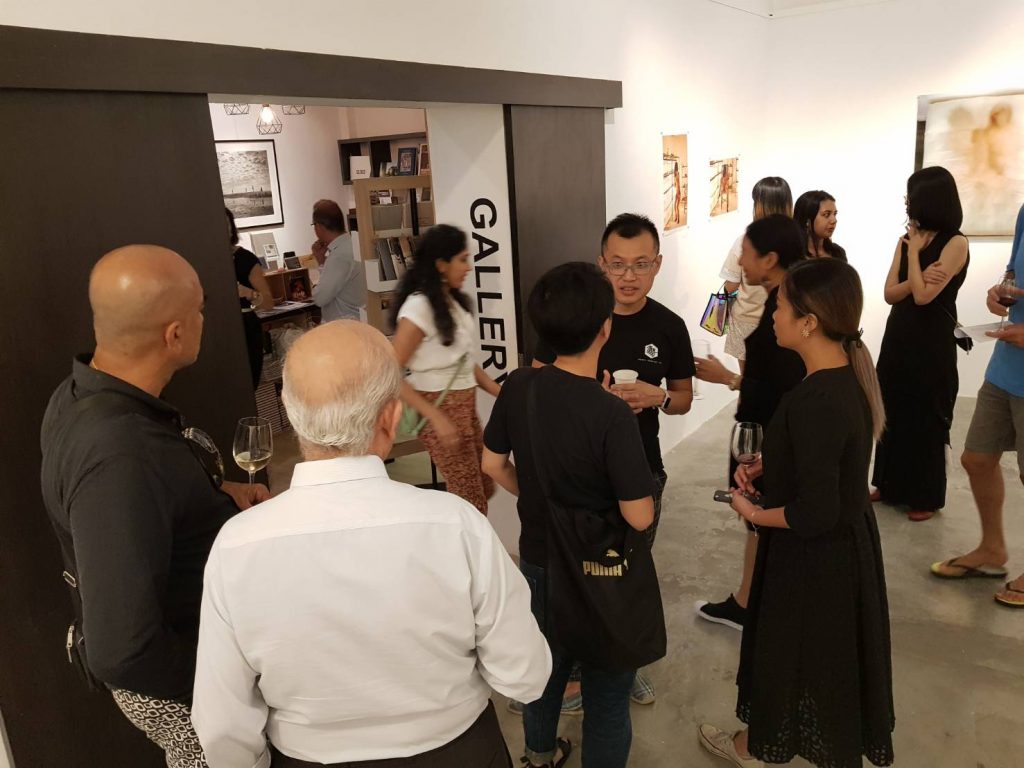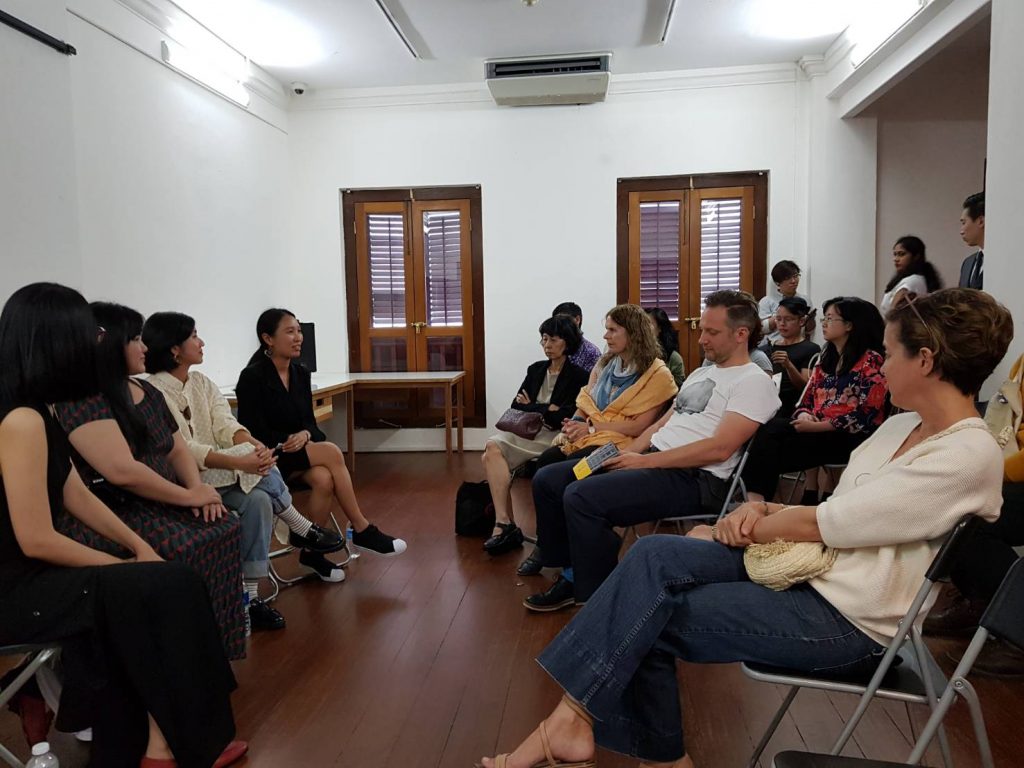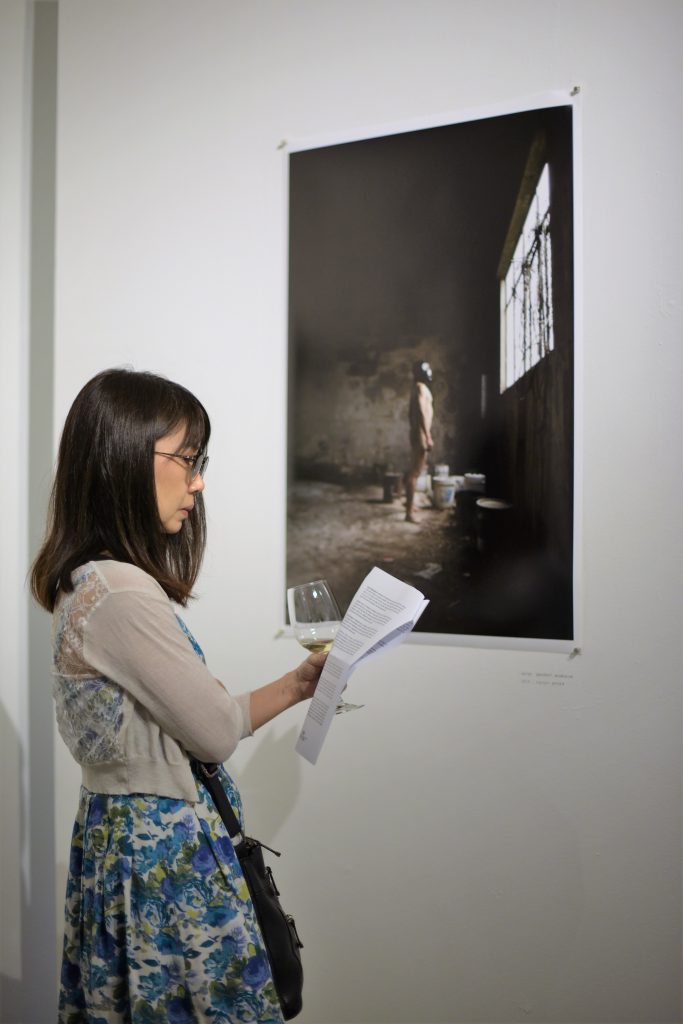ECO-PSYCHOLOGY
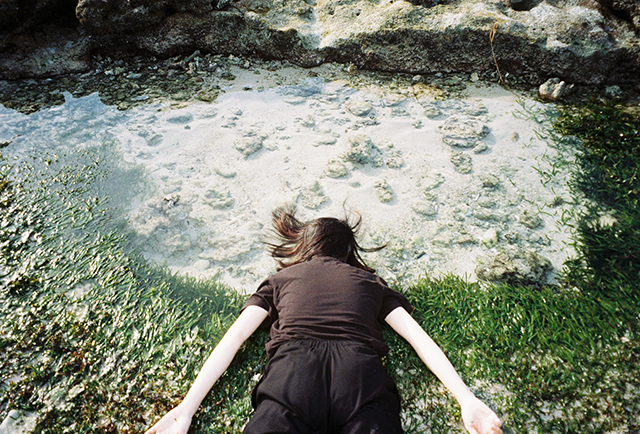
1Projects, in collaboration with Objectifs, presents Ecopsychology, a group exhibition by four rising photographers; Lavender Chang (Taiwan/Singapore), Sophirat Muangkum (Thailand), Pokchat Worasub (Thailand) and Yatender (Vietnam)
The last century has seen a rapid change. Urbanization is spreading and the gap between humans and nature continues to grow. In Ecopsychology, resonating with the sense of alienation in modern society, four photographers are trying to understand our presence and position in relation to this world. They are trying to reform and reconnect the linkage between us and our environment, both at the conscious and subconscious levels.
Credit: Sophirat Muangkum and Jason Ward
Full Concept
Throughout human history, humanity has lived in unison with nature. We live, breathe, feed and die on this planet and our connection to the environment is crucial. This relationship was embraced through early religions and philosophical teachings. The Ancient Greeks worshipped deities of the natural world and the universe. Taoism focuses on living in harmony with nature. It is only recently, in the last few hundred years following the industrial revolution, that we have started to grow detached from the world in which we live.
The last century has seen a rapid change in many countries. Urbanization is spreading with new cities emerging, while established major cities continue to grow and expand. Populations are born and live within city boundaries and the gap between us and our environment continues to grow. With the rise of the modern city come numerous social, environmental and psychological issues stemming from over-population, unemployment and pollution, to the feeling of displacement and dislocation. For scholars such as Theodore Roszak, this way of living and accompanying lifestyles are unhealthy. It is madness.
Roszak is a leading member in the field of ecopsychology and is credited for coining the term. It is the study of the relationship between humans and nature. Drawn from ecological and psychological doctrines, including Carl Gustav Jung’s theory of collective unconscious, Roszak believes that through human evolution, our unconsciousness is linked to natural world and to the universe at large. Everything is interconnected and our mental and physical well-being depends on this reciprocal relationship.
In Ecopsychology, resonating with the sense of alienation in modern society, four photographers are trying to understand our presence and position in relation to mother earth. They are trying to reform and reconnect the linkage between us and our surroundings, both at the conscious and subconscious levels.
Lavender Chang questions our own existence and reality in this world. Her images show an individual’s unconscious state over the passage of time. The moment that a person both connects, physically, and disconnects, consciously, to their surroundings. In this intimate and vulnerable state, the subject unconsciously engages and reveals a sense of self, where the environment becomes a stage of his or her life.
Sophirat Muangkum emphasises the essential part nature plays in sustaining life, focusing on the forests that give us oxygen to breathe. The act of breathing is so subtle we are barely aware of it, but crucial in that if we stop, we perish. We are taking this for granted. What if one day, we no longer have clean air to breathe? Muangkum wants us to re-connect with nature and forewarns the danger of environmental destruction.
Yatender’s work is an attempt to understand herself through a documentation process by exposing her own body, in odd poses, in various settings. The interior series were captured to signify her inner-self while the outdoor scenes present the artist’s interaction with natural landscapes, showing the relationship between her body and surroundings, where the external becomes internalised and helps form her persona.
Pokchat Worasub’s photography aims to challenge our perception of the human body, by posting it against the landscape of landfill. The backdrops are a product of human need and over-consumption, both materialistic and information. Amongst the discards, the subject, the body, becomes an object, inseparable from its surroundings. People must adapt to avoid being lost and rejected by modern society.
These four artists are trying to re-create a connection between humans and our environment. Living in the modern era, we are getting more and more detached from others and the reality we live in. Ecopsychology points us towards the importance of connecting to the natural world, a place of sanctuary, a core of existence. But when our options are limited, living among the flow of a city, our best option may be to try to adapt this concept in order to reinterpret our relationship within the immediate surroundings, to establish an understanding and acceptance of our life.
News
